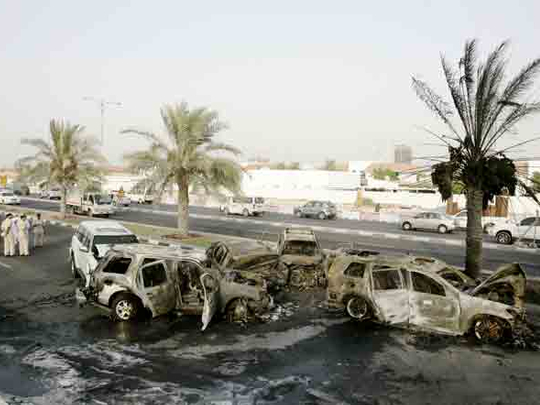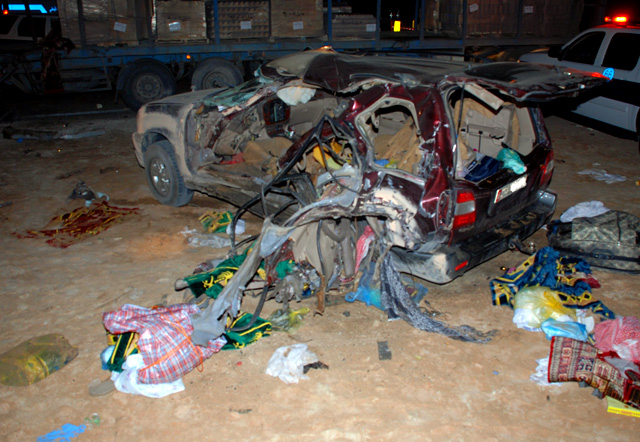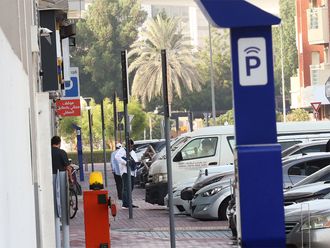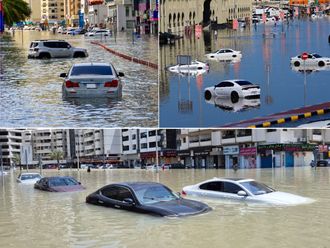
Dubai: Motorists in the UAE drive recklessly because there's little fear of being caught, and few long-term consequences for their actions behind the wheel.
That's the stark reality of why UAE roads are among the world's deadliest, according to Amer Belhasa, managing director of the Emirates Driving Institute and a leading road-safety advocate.
Read more
"Once drivers have their licence, their driving habits immediately change," Belhasa told Gulf News. "Why? Because there is little enforcement of driving rules and no fear of police."
And he said that UAE drivers seem to have little care for other road users.
Having spent eight years driving in the United States, Belhasa said that drivers there feared being stopped by police and given tickets.
"There, if you get a ticket, you have to go to court," he said. "Here [in the UAE] you get a ticket and you pay it, and that's it. It's as if it never happened."
Graduated licensing
Last year, Belhasa's company trained an average of 6,000 new drivers a month.
"The issue isn't with training," he said. "The driving standards required for testing are high. The issue is when a person has a licence. There are no consequences for driving poorly."
He said that driving schools have been pressing the Dubai Road Transport Authority for five years to introduce some form of graduated licensing.
Under graduated licence schemes, new drivers are prohibited from driving on motorways or are limited to the number of passengers they can carry, or to driving in daylight hours.
"The RTA is looking at the proposal and I believe they will bring it in," he said.
According to Belhasa, motor insurance in the UAE is low. "With cheaper insurance and that fact that it is tied to a car, the driver's record isn't taken into account. Normally, elsewhere, a poor driving record means more expensive insurance, and that becomes a deterrent to driving poorly."
Belhasa said that enforcement by police of existing traffic laws remains an issue. "If you drive in the US, you are afraid of seeing the police behind you," he said. "Here, people speed up and overtake them. Nothing happens."
He said that young drivers in the UAE also have access to cars with high horsepower, and this is a contributing factor to accidents as well.
Seat belts
According to a recent survey carried out for BMW Group, more than half of university students don't buckle up, and a similar number believe it's not their responsibility to make sure their passengers wear seat belts.
Failing to wear seat belts greatly increases the risk of death and serious injury in car accidents.
The UAE still has one of the world's highest rates of road death — an average incidence of 19.9 deaths per 100,000 population in the last three years.
According to a study released by Abu Dhabi Department of Transport in April, road accident deaths and injuries cost the UAE Dh3.5 billion annually.
According to Dr Jens Thomsen, the section head of Occupational and Environmental Health at the Health Authority of Abu Dhabi, "the vast majority — 74 per cent — of these road traffic fatalities are caused by human factors, such as speeding, not using seat belts and child safety restraints and reckless driving."













